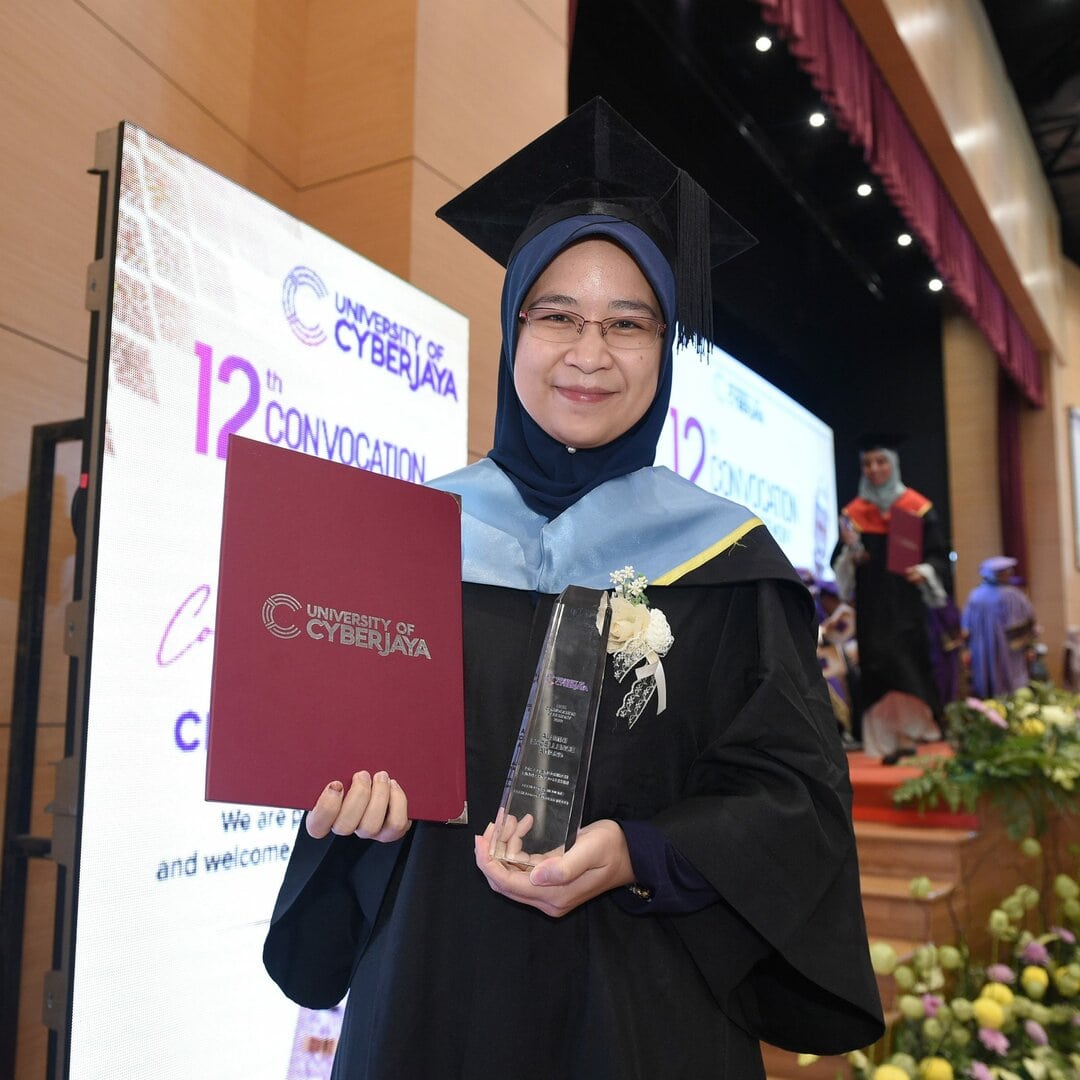CUCMS Champions Traditional Medicine
CUCMS Hosts a Seminar On Strengthening Traditional Malay Medicine (SEDANA) 2017
University Champions Traditional & Complementary Medicine
Cyberjaya, 26th February 2017 – In an effort to take the traditional Malay medicine to a higher level in Malaysia, Cyberjaya University College of Medical Sciences (CUCMS) has signed a Memorandum of Understanding with Gabungan Pertubuhan Pengamal Perubatan Tradisional Melayu Malaysia (GAPERA). The ceremony was held along with SEDANA 2017 which the closing ceremony was officiated by the Deputy Minister of Health, Dato Seri Dr. Helmi Bin Hj. Yahya on Sunday and it was a good start for SEDANA to move forward in the future.
The agreement was signed yesterday by Prof. Dato’ Dr. Mohamad Abdul Razak, President of Cyberjaya University College of Medical Sciences and Tuan Mohd Adzhar Abd Latif, President of GAPERA and was witnessed by Asst. Prof. Dr. Ibrahim Usman Mhaisker, Dean of the Faculty of Traditional & Complimentary Medicine and Tuan Mohamad Zaki bin Itam, Deputy President of GAPERA at the Cyberjaya Campus.
In 2014, there were 4975 traditional Malay medicine practitioners recorded in Malaysia[1]. Over 1963 practitioners have registered with GAPERA as at November 2016, however, 93 percent of them do not have a formal education that can be recognised by the regulatory body and most of them are aged from 25 to 45 years old[2].
The objective of the MoU is to create awareness on the traditional and complementary medicine and it will be supported with education and research relating to health, fitness, and basic medical sciences. This initiative helps to increase the understanding of the use of traditional medicine and broaden the areas of expertise in Malaysia.
Speaking at the official signing, Prof. Dato’ Dr. Mohamad Abdul Razak, President of CUCMS said, “Echoing the effort of the Malaysia Health Ministry in 2007 with an establishment of Traditional and Complementary Medicine (T&CM) division, Cyberjaya University College is proud to support complementary medicine which co-exists with modern medicine and contributes towards enhancing the health and quality of life of all Malaysians.”
“We believe that younger generation nowadays are more open to complementary medicine despite being dependent on conventional medicine. With the world without boundaries, information is accessible and most of the practitioners are now registered with bodies that are recognised by the Health Ministry.” He added.
“The World Health Organisation in its Traditional Medicine Strategy 2014-2023 reported that traditional medicine is an important and often underestimated part of health services. With the support by Ministry of Health Malaysia, we have the confident that our nation will proactively be developing policies and implementing action plans that will strengthen the role traditional medicine plays in keeping Malaysians healthy,” said Tuan Mohd Adzhar Abd Latif, President of GAPERA.
The seminar on Strengthening Traditional Malay Medicine (SEDANA) 2017 focuses on creating an education ecosystem and served as a platform for exchange of knowledge amongst the researchers, practitioners, academicians and industry players in the traditional and complementary medicine field.
There were several topics discussed at the seminar including Principle of Basic Malay Medicine by Tuan Norizam bin Ngadeni, a practitioner of traditional and complementary medicine, Introduction to Herbal Practice in Malay Medicine by Dr. Abdul Ghani bin Hussain, a practitioner of traditional and complementary medicine at Herbawalk Langkawi, Safety and Cleanliness of Malay Medicine based on Allopathy Medicine Guidelines by Tuan Norhissam bin Haji Mustafa, a researcher at Islamic Health Management Institute (IPKIM) and New Concept of Malay Medicine by Prof. Madya Dr Arieff Salleh bin Haji Rosman, Dean of the Faculty of Islamic Civilization in Universiti Teknologi Malaysia.
Dr. Ibrahim Usman Mhaisker, Dean of the Faculty of Traditional & Complementary Medicine said, “CUCMS offers Bachelor of Homeopathic Medical Science and we are proud to be one of the local university that offers this unique programme. The government recognises traditional medicine under the Traditional and Complementary (TCM) Act 2013 and we hope more practitioners will register with the recognised bodies and this is the opportunity to leapfrog the practice to another level.”
Moving ahead, the university is looking forward to expanding its range of programmes to meet the critical needs of Malaysia’s fast-growing healthcare industry. A new purpose-built campus is also expected to be operational by 2018 which will see the university’s capacity double to over 7,000 students.
[1] Statistic of the Traditional Malay Medicine Practitioner in Peninsular Malaysia (2013 - 2014) by FRIM.
[2] GAPERA Practitioners Database (Updated on 1st August 2016).




